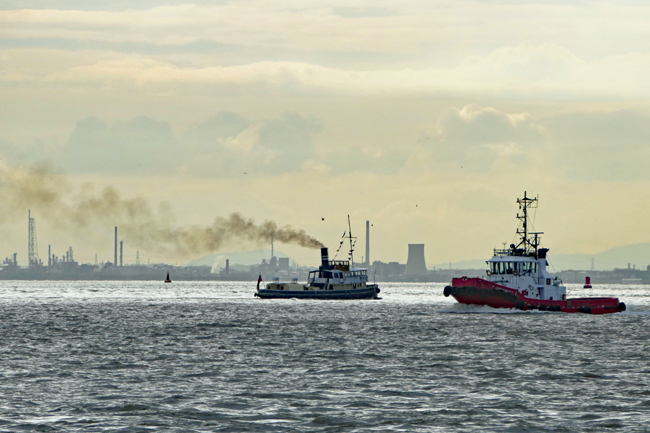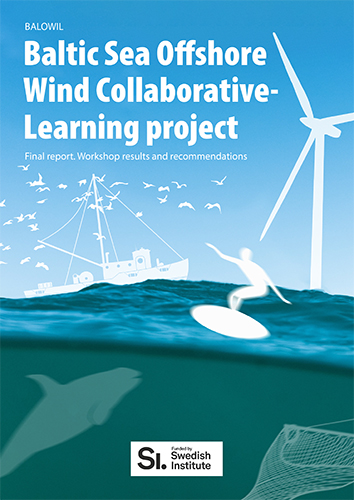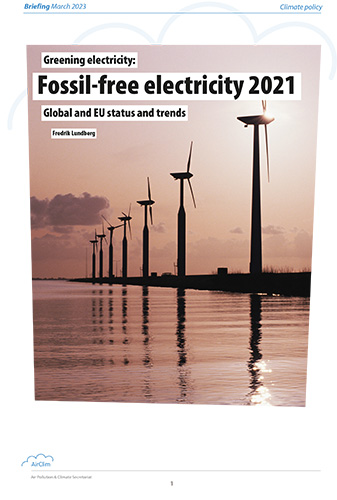

Photo: Flickr.com / Steve Evans cc by-NC
A 1.5°C world increases chances for coral reefs
Tropical coral reefs face high risks of becoming unsustainable if warming exceeds 1.5°C.
The recently published IPCC 1.5 report states that “global warming of 1.5°C is projected to shift the ranges of many marine species, to higher latitudes as well as increase the amount of damage to many ecosystems”. It is also expected to drive the loss of coastal resources, and reduce the productivity of fisheries and aquaculture (especially at low latitudes). The risks of climate-induced impacts are projected to be higher at 2°C than those at global warming of 1.5°C. Coral reefs, for example, are projected to decline by a further 70–90 per cent at 1.5°C with larger losses (>99%) at 2°C.
The risk of irreversible loss of many marine and coastal ecosystems increases with global warming, especially at 2°C or more. A 1.5°C world is better for coral reefs than a 2°C world, in which coral reefs mostly disappear. Even with the current level of warming, a substantial proportion of coral reefs have experienced large-scale mortalities that are causing them to rapidly contract. In the last three years alone, large coral reef systems such as the Great Barrier Reef (Australia) have lost as much as 50 per cent of their shallow-water corals.
Coral-dominated reefs are found between latitudes 30 °S and 30 °N along coastlines where they provide habitats for over a million species. They also provide food, income, coastal protection, cultural context, and many other services for millions of people along tropical coastal areas. Ocean warming and acidification can also slow growth and calcification, making corals less competitive to other benthic organisms such as macro-algae. As corals disappear, so do fish stocks, and many other reef-dependent species, directly impacting industries such as tourism and fisheries, as well as coastal livelihoods for many, often disadvantaged, people. These impacts are exacerbated by increasingly intense storms and by ocean acidification which can weaken coral skeletons, contribute to disease, and slow the recovery of coral communities after mortality events.
Achieving emission reduction goals consistent with the ambitious goal of 1.5°C under the Paris Agreement will result in the further loss of 90 per cent of reef-building corals compared to today, with 99 per cent of corals being lost if warming reaches 2°C or more above the pre-industrial period.
Given the sensitivity of corals to heat stress, even short periods of overshoot (i.e. decades) will be very challenging for coral reefs. Losing 90 per cent of today’s coral reefs, however, will remove resources and increase poverty levels across the world’s tropical coastlines, highlighting the key issue of equity for the millions of people that depend on these valuable ecosystems.
Compiled by Reinhold Pape

 Download this issue
Download this issue


























